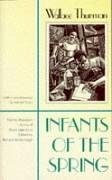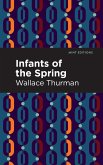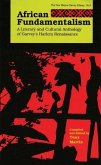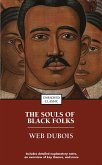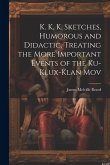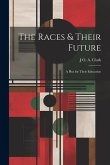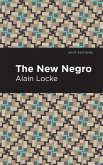This roman clef centers on Niggeratti Manor, fashioned after the Harlem rooming house in which Wallace Thurman once lived with other black artists and writers. Thurman's second novel is one of the most potent satires of the Harlem Renaissance and a retort to the idealized vision of Harlem's artistic community between World War I and the Depression.
Hinweis: Dieser Artikel kann nur an eine deutsche Lieferadresse ausgeliefert werden.
Hinweis: Dieser Artikel kann nur an eine deutsche Lieferadresse ausgeliefert werden.

